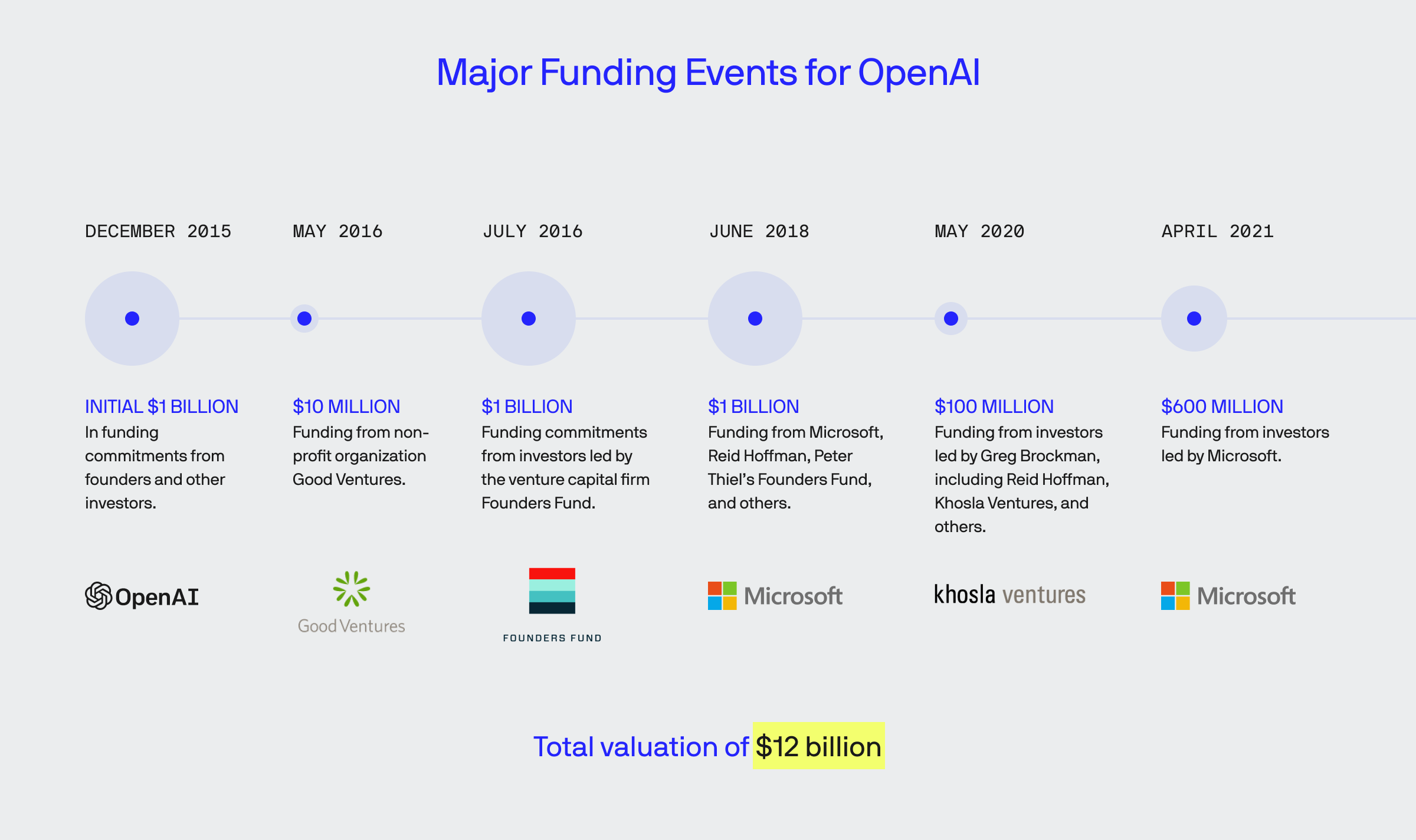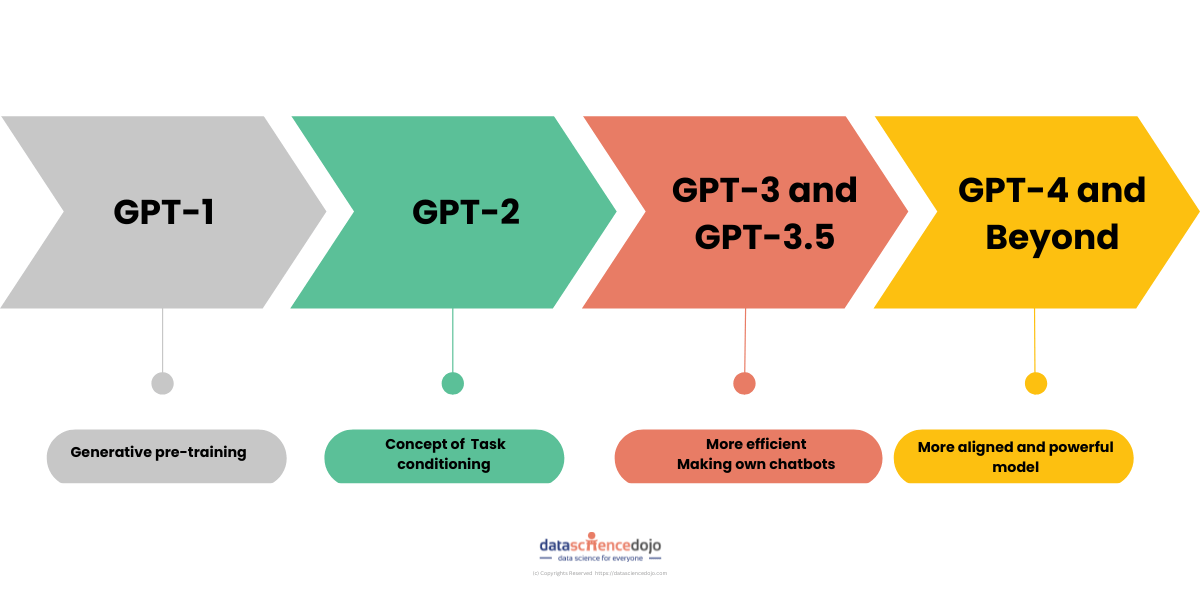Generative AI for Enterprise - AICG
Leverage cutting-edge generative AI models to transform business processes across various industries. Enterprises are automating content creation, analysing complex documents, enhancing or replacing conversations with Voice AI, video/image analytics and much more. If you’re not exploring this space, you are falling behind your peers. Contact Us
Generative Artificial Intelligence (AI)
Generative Artificial Intelligence (AI) refers to a subset of AI technologies designed to create new and original content, including text, images, audio, and video. Unlike traditional AI systems that analyze or categorize existing data, generative AI models learn patterns from vast datasets and generate novel outputs that resemble the original data.

Large Language Models (LLMs) are advanced artificial intelligence systems designed to process and generate human-like text by analyzing vast amounts of data. These models are built using deep learning techniques, particularly transformer architectures, which enable them to understand context, syntax, and semantics at a granular level. LLMs excel in tasks such as natural language understanding, translation, content generation, and summarization, making them versatile tools across industries.
OpenAI’s GPT Series
OpenAI’s GPT series has significantly advanced the field of artificial intelligence, with each iteration introducing new capabilities and improvements. Two notable models in this series are GPT-4o and GPT-o1, each designed to cater to specific AI applications.
GPT-4o (“o” for “omni”) is a multilingual, multimodal generative pre-trained transformer developed by OpenAI. This model processes and generates text, images, and audio, marking a significant evolution from its predecessors. GPT-4o is designed to be faster and more cost-effective, with its API being twice as fast and half the price of GPT-4 Turbo. It achieves state-of-the-art results in multilingual and vision benchmarks, setting new records in audio speech recognition and translation.

GPT-o1 is engineered to handle complex reasoning tasks by employing a step-by-step chain-of-thought process. This approach enables the model to tackle challenging problems across domains such as mathematics, coding, and science. GPT-o1 is available in preview and mini versions, with specific access limits and pricing. While GPT-4o remains strong for general language tasks and quick responses, GPT-o1 excels in complex reasoning tasks and benchmarks.
LLaMA Series
LLaMA is a series of autoregressive large language models developed by Meta AI. The latest iteration, LLaMA 3.3, was released in December 2024. LLaMA models are trained with parameter sizes ranging from 1 billion to 405 billion, allowing for flexibility across various applications.

Claude is a family of AI models developed by Anthropic, named in honor of AI pioneer Claude Shannon. The initial version showcased proficiency in various tasks, leading to partnerships with companies like Notion and Quora. Subsequent iterations expanded the context window to handle extensive documents effectively.
Large Multimodal Models
In the rapidly evolving field of artificial intelligence, Large Multimodal Models (LMMs) are at the forefront of this transformation, enabling AI systems to understand and generate content across diverse modalities. This advancement broadens the scope of AI applications and enhances their performance and versatility.
Retrieval Augmented Generation (RAG)
Retrieval Augmented Generation (RAG) is an AI framework that enhances the capabilities of language models by integrating a retrieval component into the generation process. Unlike traditional models that rely solely on pre-trained data, RAG actively retrieves relevant information from external sources during inference. This fusion allows the model to generate responses that are contextually rich and grounded in up-to-date information.
GRAPH Retrieval Augmented Generation Solutions
GRAPH Retrieval Augmented Generation solutions elevate the concept of RAG by incorporating knowledge graphs into the retrieval process. Knowledge graphs are structured representations of information where entities and their relationships are mapped out, enabling a deeper understanding of the data.
AI-Powered Recruitment
The recruitment industry is on the cusp of a revolution, spearheaded by the rapid advancements in Artificial Intelligence (AI). AI’s influence in streamlining recruitment processes, enhancing candidate experience, and empowering data-driven decisions is becoming increasingly evident.
Our Intelligent Job Description Understanding surpasses traditional keyword search methods to uncover every qualified candidate. Leveraging advanced generative AI, our platform gains a deep comprehension of job descriptions, identifying crucial skills, qualifications, and requirements far beyond basic keyword matching.
Axify: AI in Service and Hospitality
In today’s fast-paced service landscape, the demand for efficient, customer-focused solutions is paramount. Axify is at the forefront of this revolution, leveraging cutting-edge AI technologies to streamline operations, enhance customer experiences, and empower businesses to focus on what matters most — creating memorable moments for their clients.
Axify’s AI-powered assistant redefines appointment management with precision and speed. Leveraging advanced conversational AI, it understands customer queries effortlessly, handles multilingual inputs, and manages bookings 24/7.
AI-Powered PPE Detection
In today’s industrial landscape, ensuring worker safety and compliance is more critical than ever. AI-powered PPE detection is revolutionizing how workplaces monitor and enforce personal protective equipment (PPE) compliance. By prioritizing safety and efficiency, this technology empowers businesses to protect their most valuable asset — their employees.




















